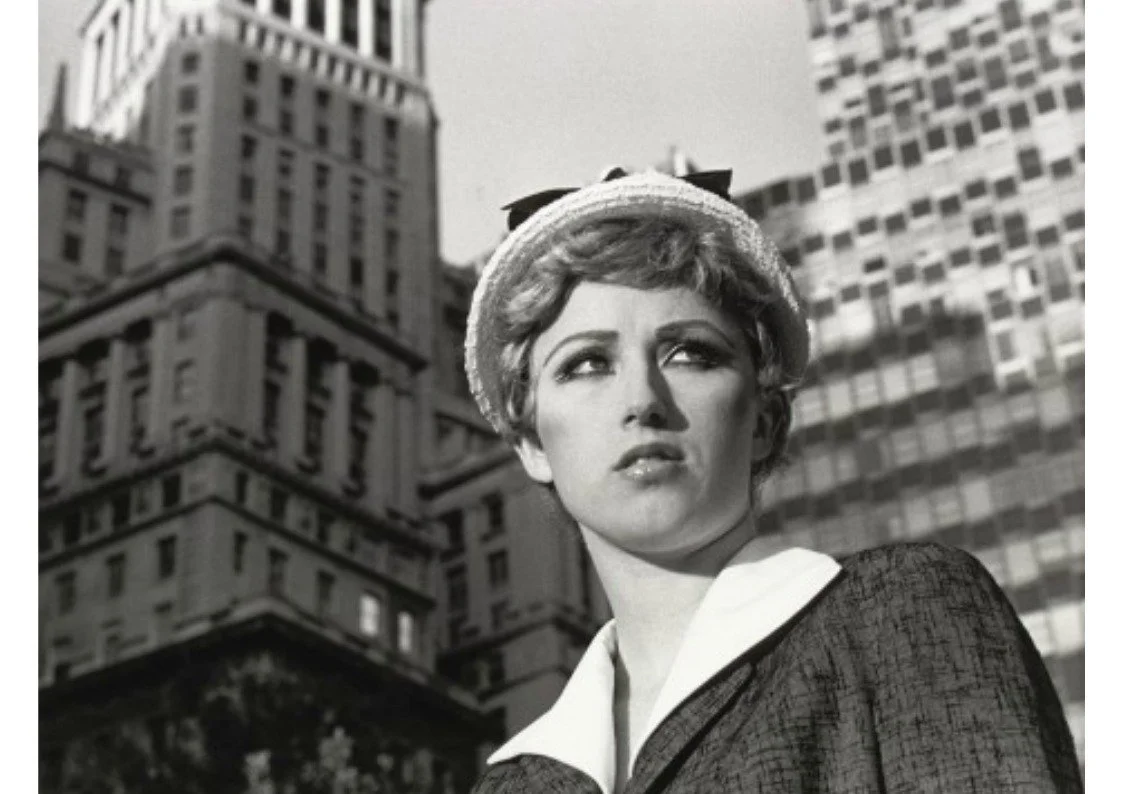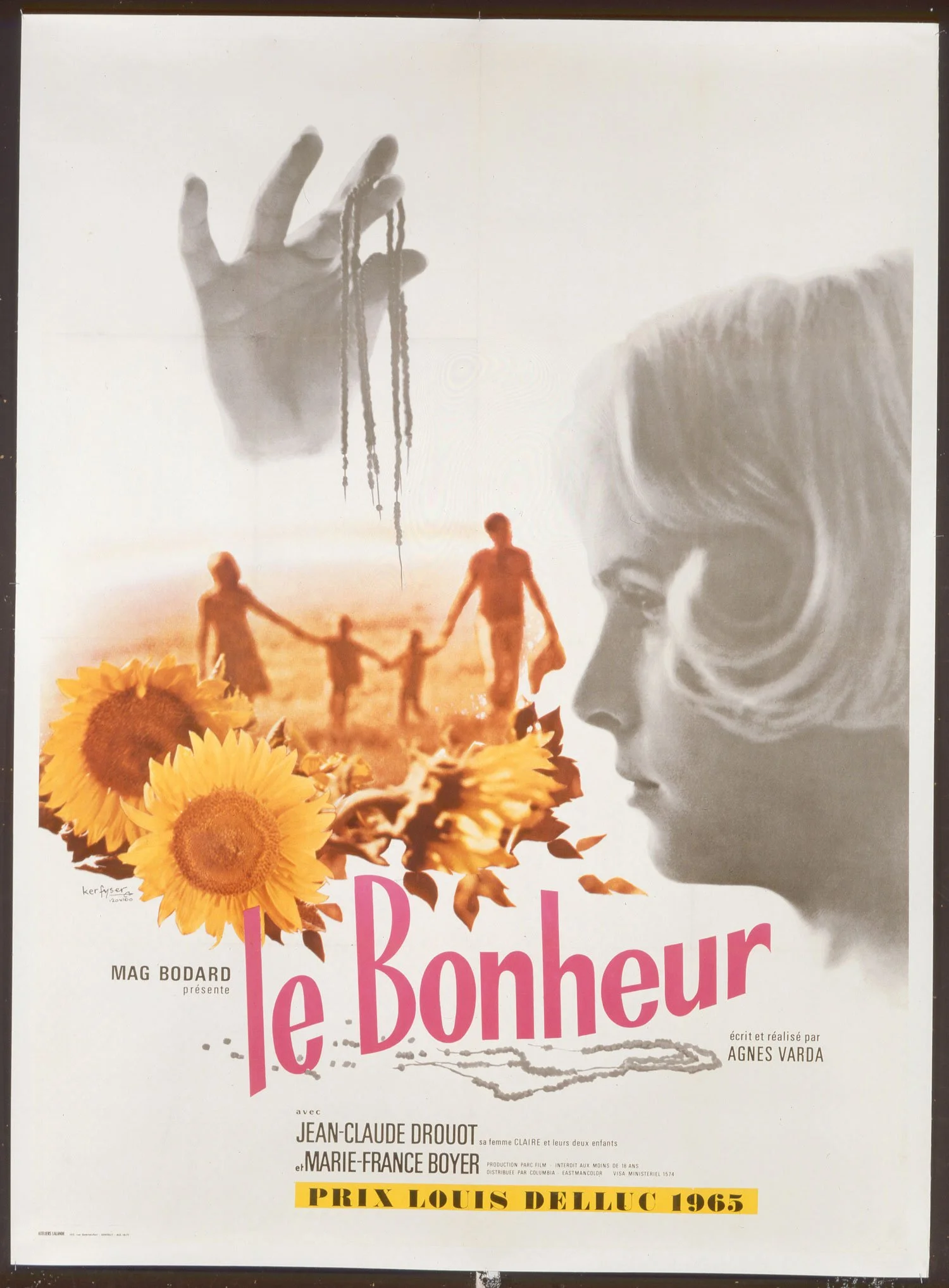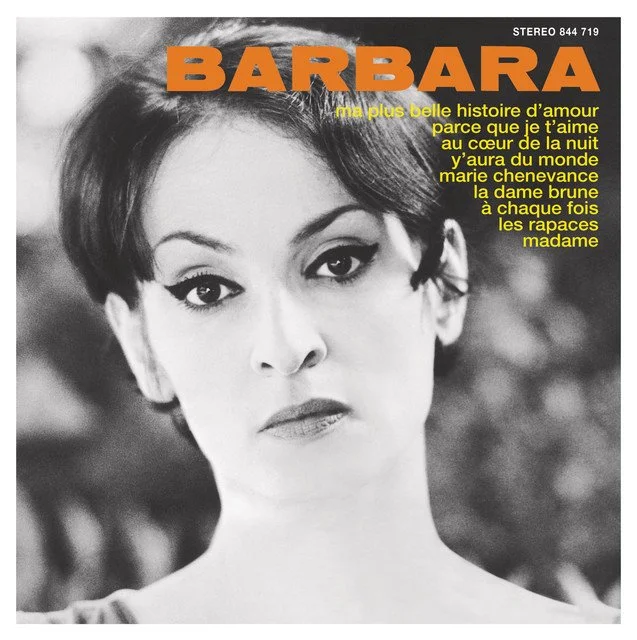Gaze Letter N°18 : Laure Mi Hyun Croset
Ceci est un aperçu de la Gaze Letter, la newsletter culturelle de Gaze Magazine. Pour la recevoir un jeudi sur deux en entier, inscrivez-vous !
This is a preview of the Gaze Letter, the cultural newsletter of Gaze Magazine. To receive it every other Thursday in its entirety, subscribe!
Cher·e vous,
Laure Mi Hyun Croset est de celles que l’on aime sans s'escrimer. Dans une ancienne interview, le journaliste lui demande si son roman porte sur la recherche du féminin, l'écrivaine suisse romande répond : “J’espère qu’il est avant tout littéraire”. Quand on multiplie les étiquettes (femme, féministe, non-blanche... et j'en passe), on se demande souvent quelle serait la vie sans. Quel serait le repos inouï de ne pas avoir à justifier sa présence, son art, son travail, en rappelant constamment son droit d'exister. Juste le faire, et que le monde puisse s'en contenter. Il semblerait qu'une personne aux multiples étiquettes ne puisse se contenter de ce qui est simple. Alors quand l'autrice de notre dernière nouvelle d'anticipation (l'histoire d'une société où la liberté d'expression est totale, à lire dans Gaze N°3), me demande un mois pour lister ses recommandations culturelles, qu'elle "tient à ce qu'elles correspondent aux exigences de Gaze", je lui dis que sa présence, son art, son travail nous combleront tout simplement. Comme on dit : On aime comme on voudrait être aimé·es. — Mélissa Chidiac
Dear you,
Laure Mi Hyun Croset is one of those people who are easy to love. In an old interview, a journalist asked whether her novel was about the search for the feminine, and the French-speaking Swiss writer answered: "I hope it is above all literary." When one multiplies the labels (woman, feminist, non-white... and so on), one often wonders what life would be like without them. How unbelievably restful it would be to not have to justify one's presence, art, or work, by constantly reiterating its right to exist. To just do it, and let the world be content with it. It seems that a person with multiple labels cannot be satisfied with anything simple. So when the author of our latest anticipation story (set in a world with total freedom of expression, to be read in Gaze N°3) asked me for a month to list her cultural recommendations, because she "wanted them to correspond to the requirements of Gaze," I told her that her presence, her art, her work will delight us whatever they are. You might say: We love as we would like to be loved. — Mélissa Chidiac
"UNTITLED FILM STILLS", CINDY SHERMAN (1984)
Comme je n’ai ni télé ni abonnement à des plateformes qui incluent des séries, je propose une série de photographies signées Cindy Sherman, une pro du travail sériel, que j’adore pour son insolence, son humour, son autodérision et son aptitude à engager le spectateur. Dans cette soixantaine d’images, elle se représente comme une héroïne des films noirs américains, mais son regard qui fixe le hors-champ dit la menace qui rôde, pas loin de l’effroi. Presque caricaturale, sans esprit de sérieux, elle nous séduit, tout en nous mettant en garde.
Since I have neither a TV nor a subscription to platforms that include series, I offer a series of photographs by Cindy Sherman, a pro in serial work, whom I love for her insolence, her humor, her self-mockery and her ability to engage the viewer. In these sixty or so images, she represents herself as a heroine of American film noir, but her gaze, which stares into the off-screen, speaks of the lurking threat, not far removed from terror. Almost caricatured, without any spirit of seriousness, she seduces us, whilst simultaneously warning us.
"LE BONHEUR / HAPPINESS" AGNÈS VARDA (1965)
Un couple issu d’un milieu modeste semble mener une vie idyllique avec ses deux enfants, mais le mari rencontre une autre femme qui lui plaît et qu’il aime aussi. Candidement et sans empathie, il l’avoue aux deux, car il ne peut pas mentir et, pour lui, le bonheur s’additionne. Pour une raison que vous découvrirez, la seconde femme remplace la première auprès des enfants. Le bonheur reprend avec ses belles couleurs dignes d’un Demy. En vérité, glaçant comme un film sur un serial killer.
A loving couple from a modest background seem to lead an idyllic life with their two children, but the husband meets another woman who he falls in love with. Candidly and without empathy, he confesses it to both of them, because he cannot lie and, for him, happiness adds up. For a reason you will discover, the second wife replaces the first one with the children. Happiness resumes with its beautiful colours worthy of a Demy. In truth, as chilling as a movie about a serial killer.
"QUE FONT LES RENNES APRÈS NÖEL ? / WHAT DO REINDEERS DO AFTER CHRISTMAS? ", OLIVIA ROSENTHAL (2010)
C’est de ce roman qu’est né mon intérêt pour le travail d’Olivia Rosenthal, où elle fait régulièrement alterner fiction et documentaire. La romancière radicalise sa démarche jusqu’à l’ouvrage : Mécanismes de survie en milieu hostile où l’on est plus fasciné par les informations scientifiques que par les passages narratifs eux-mêmes. Elle parvient à rendre troubles et perméables les limites entre fiction et non-fiction, et à transformer ainsi le regard des lecteurs et des écrivains sur les textes. Une prouesse qui crée quantité de possibles !
It was this novel that awoke my interest in Olivia Rosenthal's work, where she regularly alternates fiction and documentary. The novelist radicalised her approach up until the book: Mécanismes de survie en milieu hostile where one is more fascinated by the scientific information than by the narrative passages themselves. She manages to blur the limits between fiction and non-fiction, thereby tranforming the way readers and writers look at texts. A feat that creates many possibilities!
"MA PLUS BELLE HISTOIRE D'AMOUR", BARBARA (1967)
Avec la chanson Göttingen, elles formeraient mon mini-album idéal. Barbara est une femme puissante et d’une générosité exemplaire, une véritable source d’inspiration. Elle a été très engagée dans la lutte contre le sida, entre visites dans les services hospitaliers et information et concerts dans les prisons. La première chanson est un hommage à son public qui l’a tant aimée et soutenue, gratitude qui se perd parfois derrière l’ego de certains artistes, et la deuxième est un hymne à la paix, émouvant et fondamental en ces temps sinistres.
Along with the song Göttingen, this would be my ideal mini-album. Barbara is a powerful and generous woman, a true source of inspiration. She was very involved in the fight against AIDS, between visits to hospitals and information and concerts in prisons. The first song is a tribute to her audience who loved and supported her so much, a gratitude that is sometimes lost behind the ego of some artists, and the second is a hymn to peace, moving and fundamental in these sinister times.
Inscrivez-vous pour recevoir la Gaze Letter en entier, un jeudi sur deux.
Subscribe to receive the Gaze Letter in its entirety, every other Thursday.






